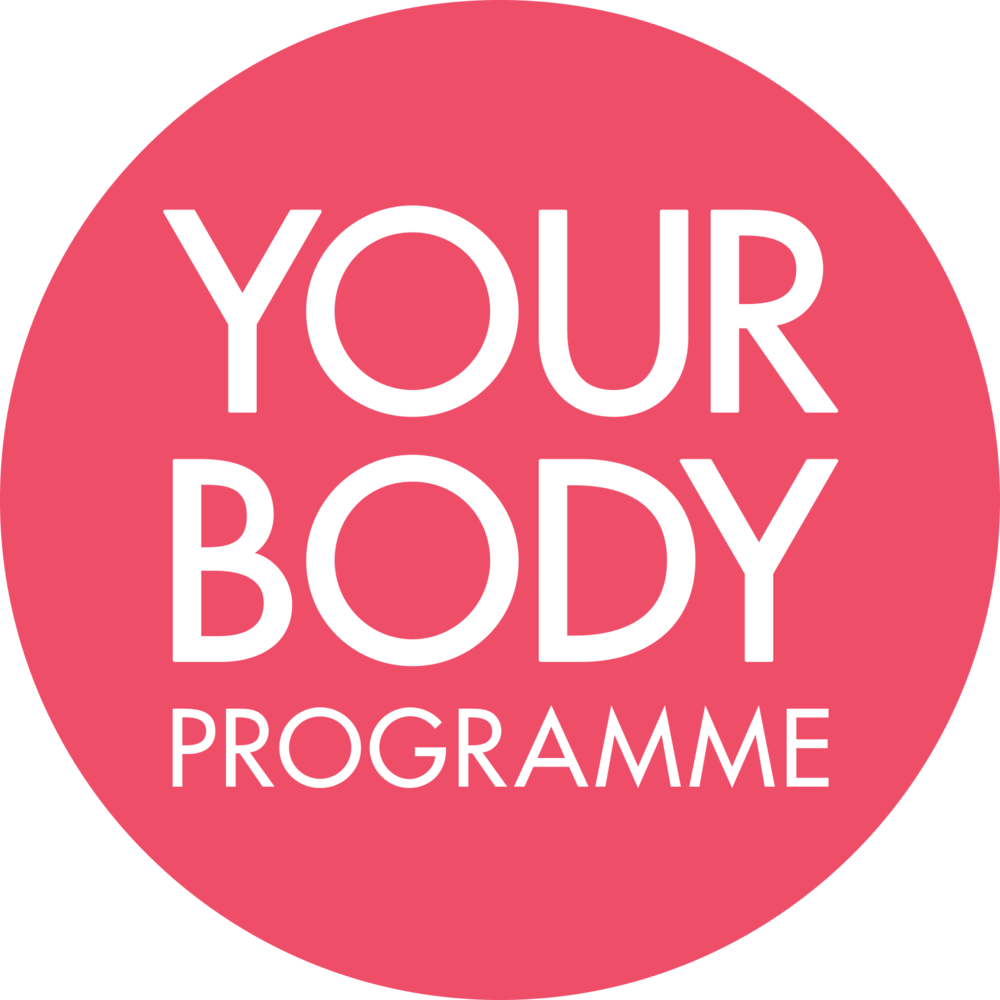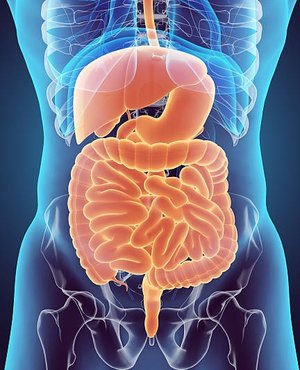IMPROVING DIGESTION
Why improve your digestion?
”Your health lies in the gut” and so the foremost strategy for attaining good health is to improve your digestion. Digestion is separated into four processes:
Ingestion - placing food into the mouth
Mechanical digestion and chemical digestion - chewing, acid, bile, enzymes and water
Absorption - movement of nutrients from the digestive system to the circulatory and lymphatic capillaries through osmosis, active transport and diffusion
Egestion - removal of undigested materials from the digestive tract through defecation
| Causes | Symptoms |
| Low stomach acid Poor food chewing Stress which slows digestive system High refined carbohydrate diet High saturated fat diet Food intolerances (gluten, dairy, yeast) Stimulants (tea, coffee, alcohol, smoking) Gut flora imbalance |
Pain before or after eating Bloating Indigestion Constipation Gas Diarrhea Gut infection |
Avoid
Acid forming food and drink – meat, eggs, dairy, alcohol, and coffee.
Refined foods – white bread, white rice, white pasta, cakes, biscuits, other sugary foods.
Caffeine stimulates - coffee, tea, alcohol and cola as gastric emptying before the food is ready for next stage, also caffeine is a diuretic causing elimination of vital minerals.
Wheat bran - it contains phytic acid which interferes with mineral absorption.
Wheat – it's an allergen that is known to irritate the bowel of many people.
Mucus forming foods – from dairy products, red meat and saturated fats, as too much can interfere with digestion and absorption.
Actions
Eat at regular times – digestion is rhythmic.
Take your time when eating – try to avoid eating when stressed or in hurry.
Eat simple foods – mixing lots of different foods at one sitting can over-tax your digestion.
Chew food thoroughly – the first stage of digestion. Most people eat too fast swallowing air with food, which often causes bloating.
Don't eat too late in the evening – allow at least 2 hours between eating and going to sleep.
Identify possible allergens - like wheat, gluten and dairy.
Increase fibre - from soluble and insoluble fibres, including whole grains, legumes, seeds nuts, fruit raw or lightly cooked vegetables.
Increase alkaline foods - which include most fruits and vegetables, millet, quinoa, almonds, sprouted seeds and live yoghurt.
Eat raw fruit and vegetables – they contain natural enzymes that are helpful for digestion.
Eat sprouted seeds - they are rich in nutrients and enzymes.
Ensure you have plenty of fluids - aim for 6 to 8 glasses of water per day.
Drink a glass of warm water with lemon half an hour before a meal – it gives the stomach a liquid boost to deal efficiently with incoming food.
Avoid drinking too much fluid with a meal – it can dilute the digestive juices (though an exception is when eating very spicy, salty and sugary foods).
Lifestyle
Increase physical activity – as exercise stimulates peristalsis.
Try to incorporate relaxation - such as tai-chi, yoga, meditation or simply walking.
Consider complementary therapies – reflexology, aromatherapy, reiki, acupuncture and abdominal massage can all be helpful.
Extras
Drink nettle tea - drinking 3 cups a day can be great for your bowel.
Try other herbal teas - green, peppermint, fennel, ginger (fresh) and ajwain teas all enhance digestion.
Dandelion tea or dandelion root tea – this is excellent for liver and gallbladder function.
Hydrochloric acid (HCL) is produced in the stomach and is necessary for the breakdown and digestion of many foods. Insufficient HCL can lead to indigestion and its levels often decline naturally with age. You can determine if you need more HCL with a simple test. Take a tablespoon of apple cider vinegar or lemon juice. If this makes your indigestion go away then you are low in stomach acid. If it makes the symptoms worse, then you have too much acid. To neutralise the acid take a teaspoon of bicarbonate of soda in water. However, although you can neutralise the acid in this way it is not a long term solution. If you are suffering from high stomach acid then we recommend you read our article on high stomach acid.


